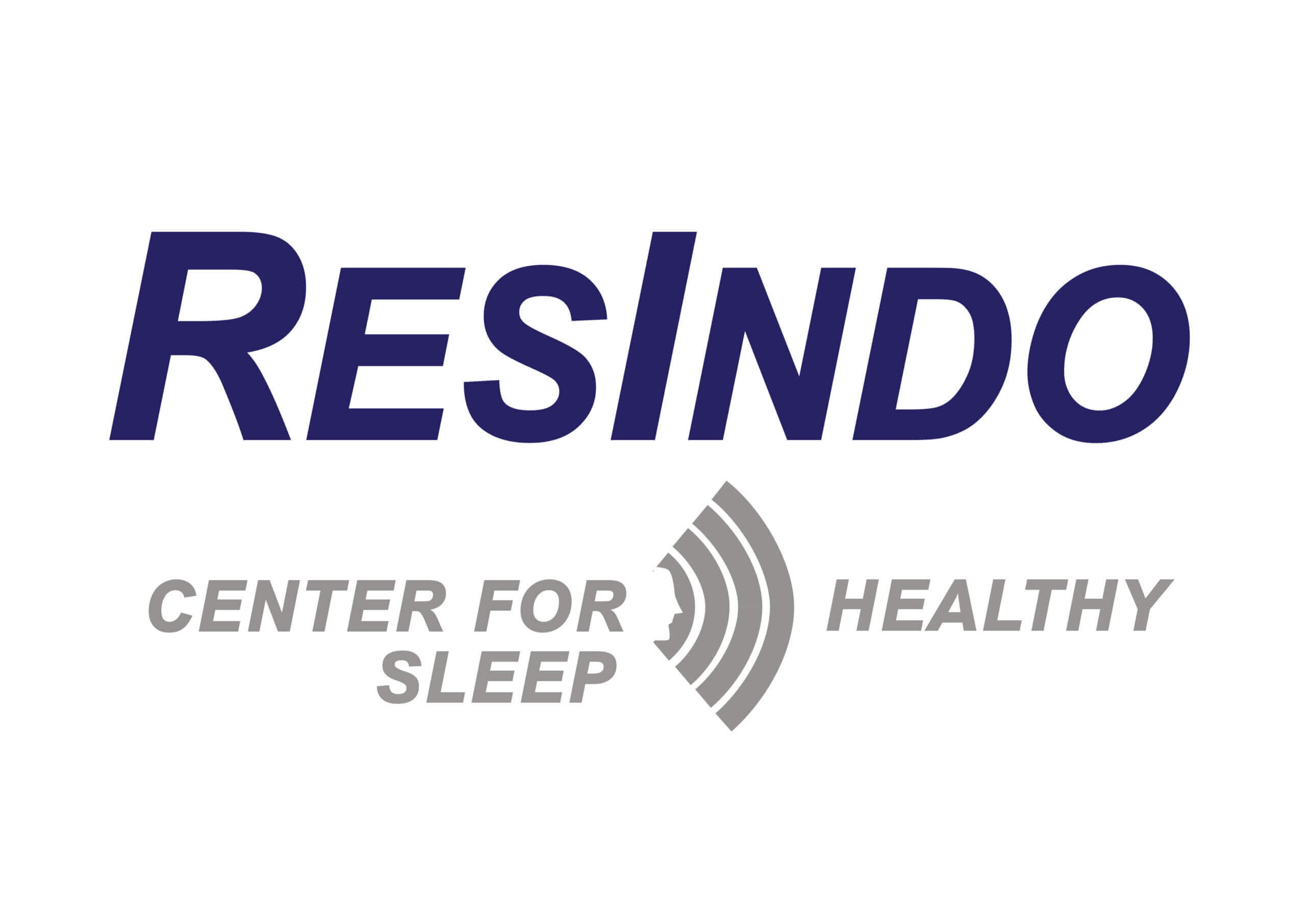Getting enough quality sleep every night is important in maintaining good health1 so you can awaken your best.
When you get sufficient sleep, your body and mind have plenty of time to relax, restore and heal, which gives you more energy to stay awake throughout the day, as well as helps you to look and feel great.
Unfortunately, when you suffer from insomnia, the habitual inability to sleep can diminish your sleep quality which may takes its toll on your physical well-being as well as your mental health too. It may even disturb your partner throughout the night as well.
The best way to begin reclaiming sufficient restful sleep is to start by educating yourself – knowledge is power after all! So here is some general information about the link between a lack of sleep and depression, and what you can do to take action.
What is insomnia?
Insomnia is the medical term given to regularly having a difficult time falling asleep, remaining asleep or getting back to sleep if you wake during the night.2
According to the Sleep Health Foundation, approximately 1 in 3 people experience mild insomnia on occasion, with around 10% of people having it at any given time.2
It’s a complicated sleeping disorder which can have many different causes and may affect people in different ways. However, it has been linked to anxiety and depression.3
Insomnia and depression
There is a complex relationship between sleep and depression.
This is because a lack of sleep can trigger ongoing lower moods in some people, while in others, depression may lead to difficulties getting enough quality sleep each night.4 It’s unique for every individual and depends on their specific circumstances.
Generally speaking, depression is unfortunately common in people who suffer from insomnia.
One study suggests that people with insomnia may have greater depression and anxiety levels and are at higher risk of developing depression when compared to those who get adequate sleep.5 Depression may cause you to feel sad, blue, listless or helpless, and can prevent you from living a happy, normal life.3
The best course of action is to speak to your doctor. If insomnia is potentially causing depression, then you may be referred to a sleep specialist to address your lack of quality sleep.
By seeking help and restoring your level of quality sleep every night, you can begin to improve your overall quality of life to feel great, inside and out.
Citations
1. Mood and sleep. Better Health. Victoria State Government.
2. Insomnia. Sleep Health Foundation.
3. Depression And Sleep. Sleep Health Foundation.
4. Insomnia: what is it and when should you get help? Queensland Health.
5. Daniel J. Taylor, Kenneth L. Lichstein, H. Heith Durrence, Brant W. Reidel, Andrew J. Bush, Epidemiology of Insomnia, Depression, and Anxiety, Sleep, Volume 28, Issue 11, November 2005, Pages 1457–1464, https://doi.org/10.1093/sleep/28.11.1457
[/et_pb_text][/et_pb_column][/et_pb_row][/et_pb_section]